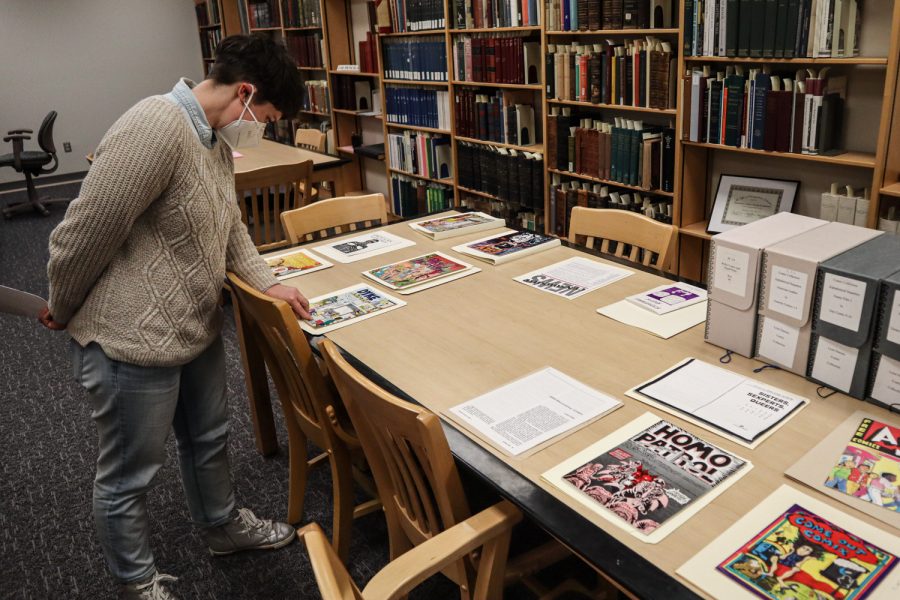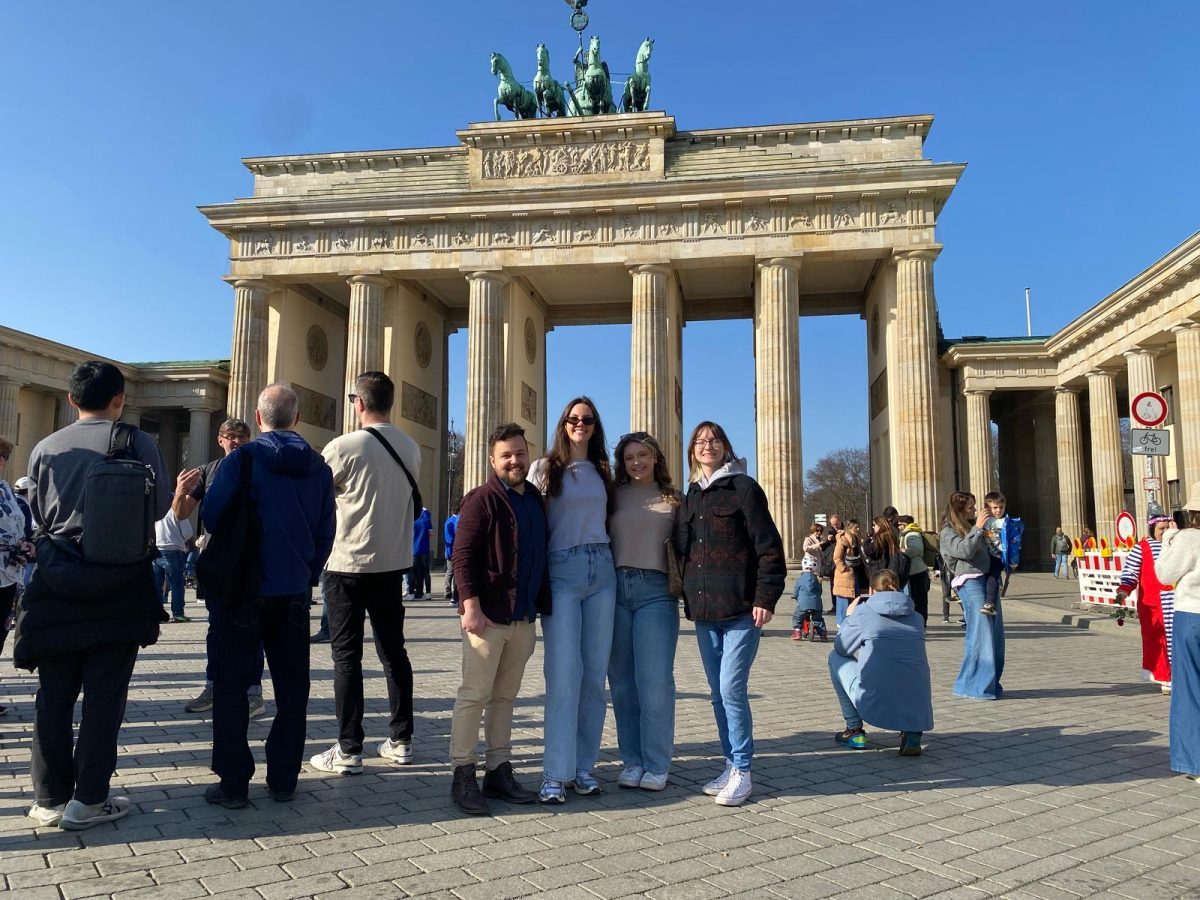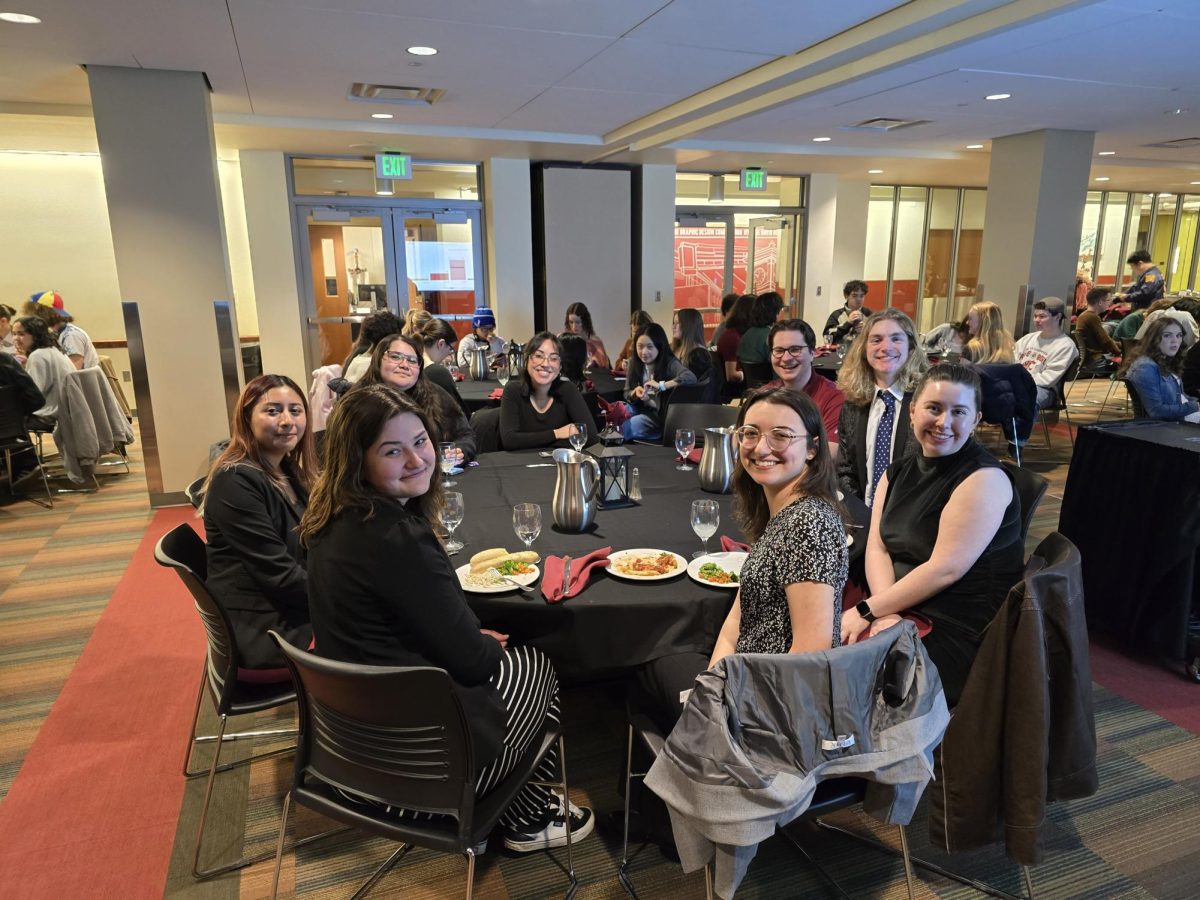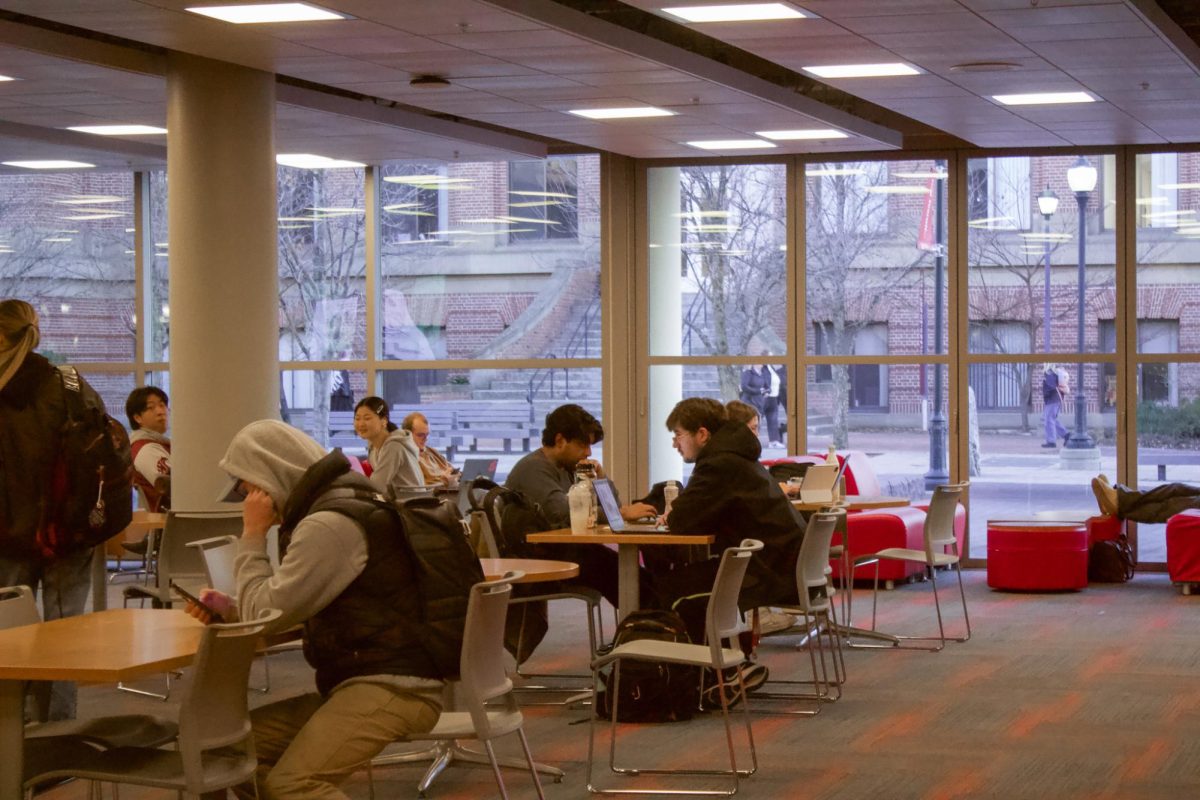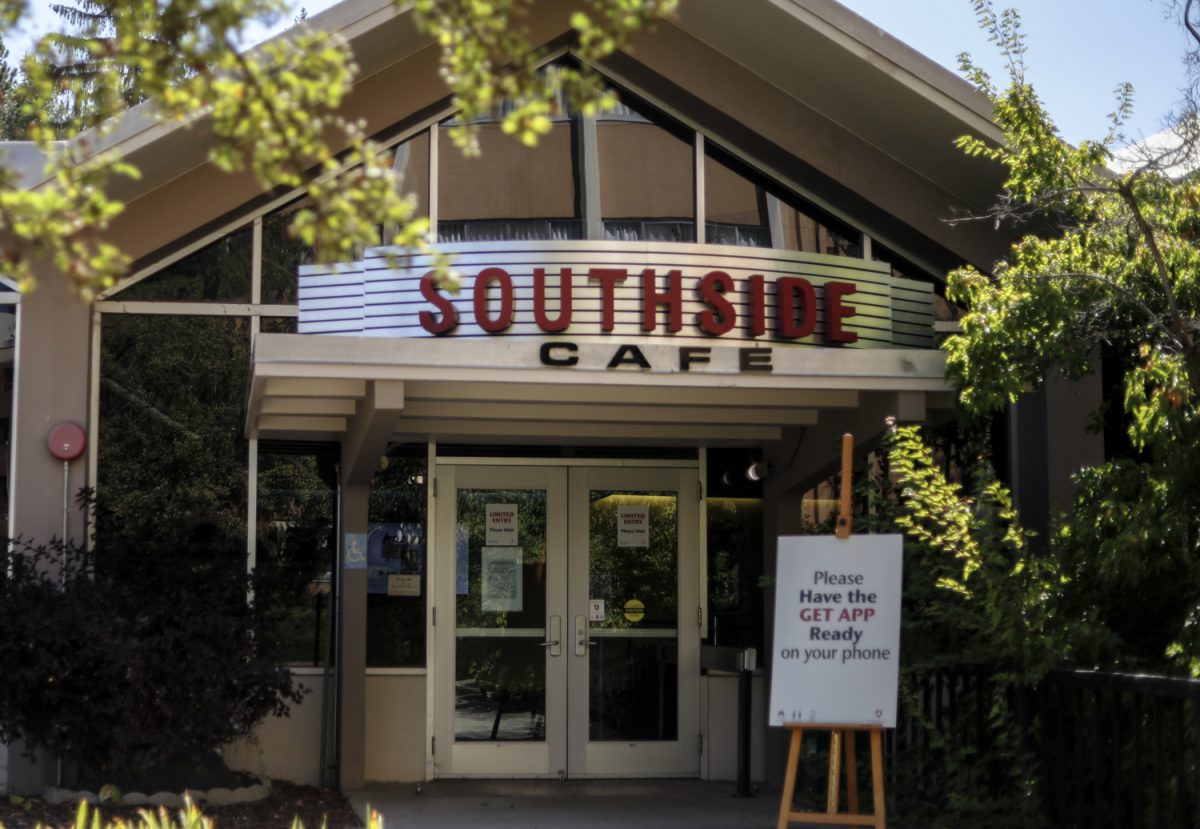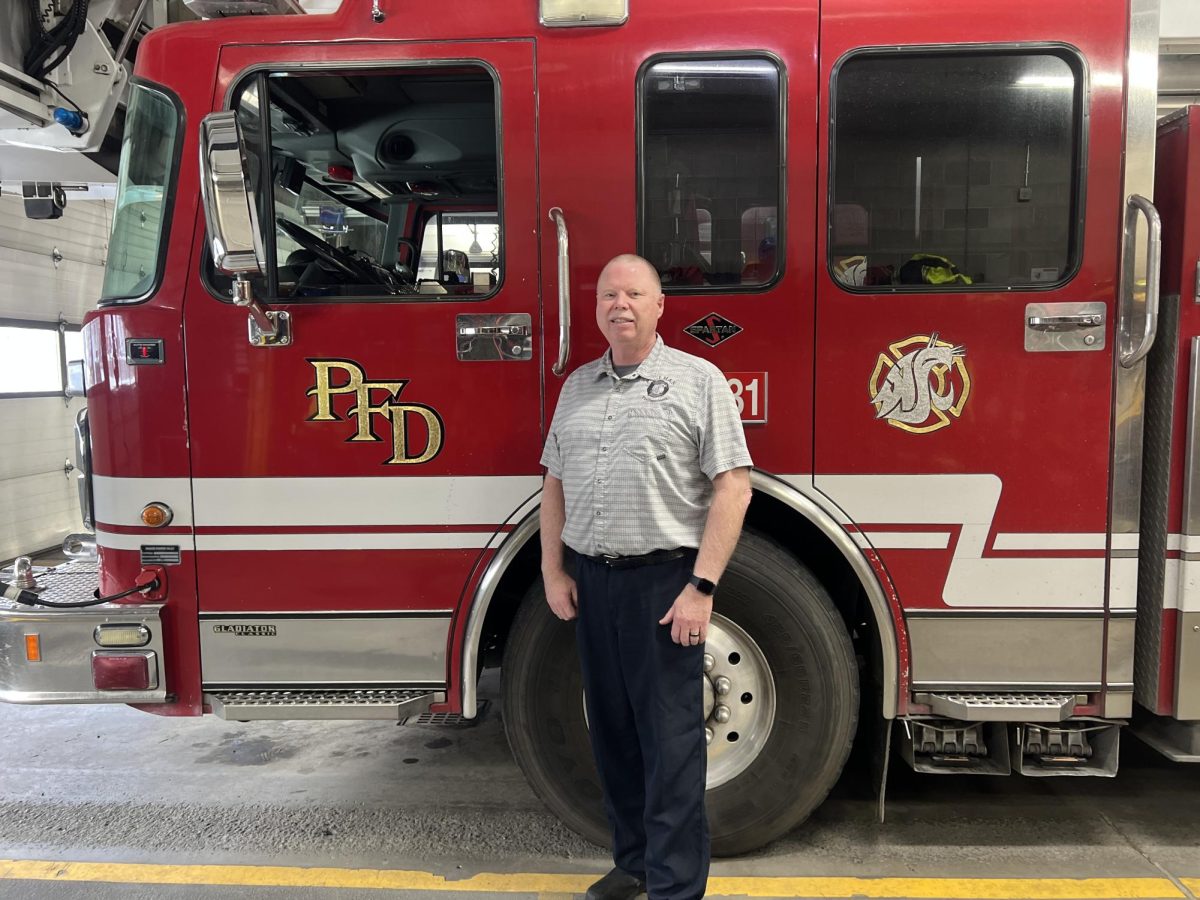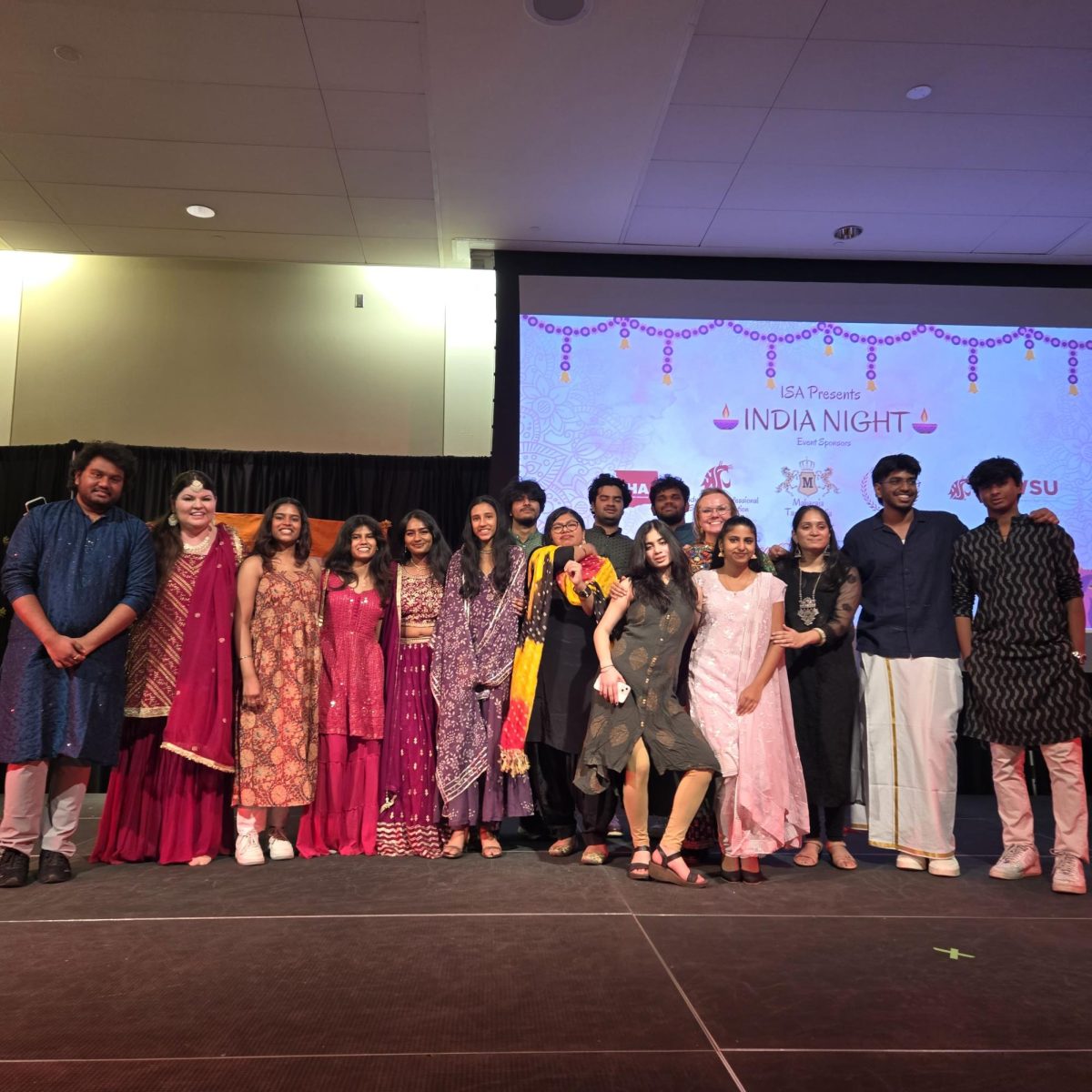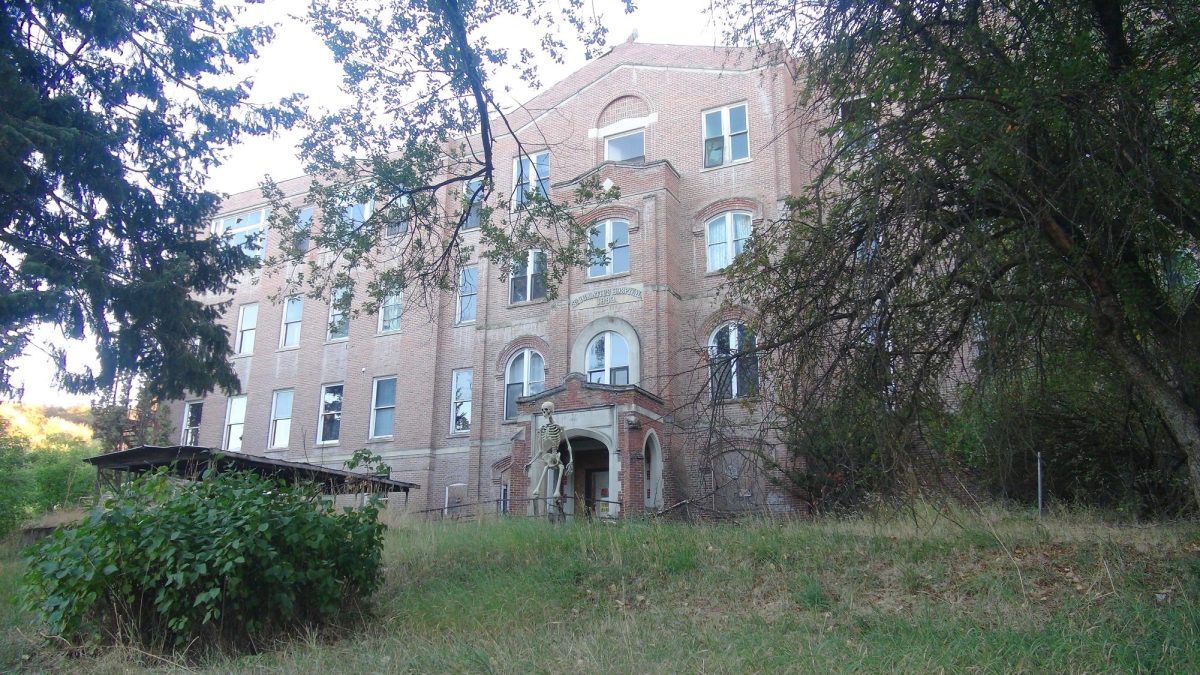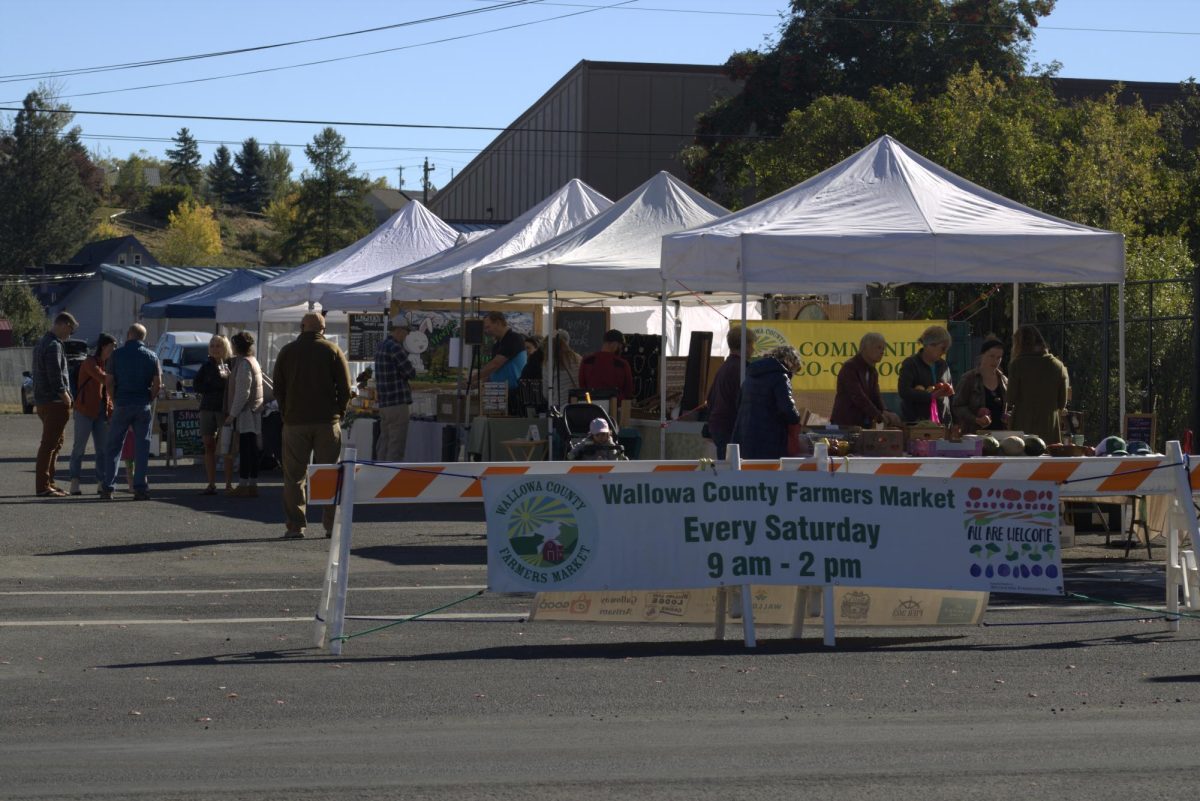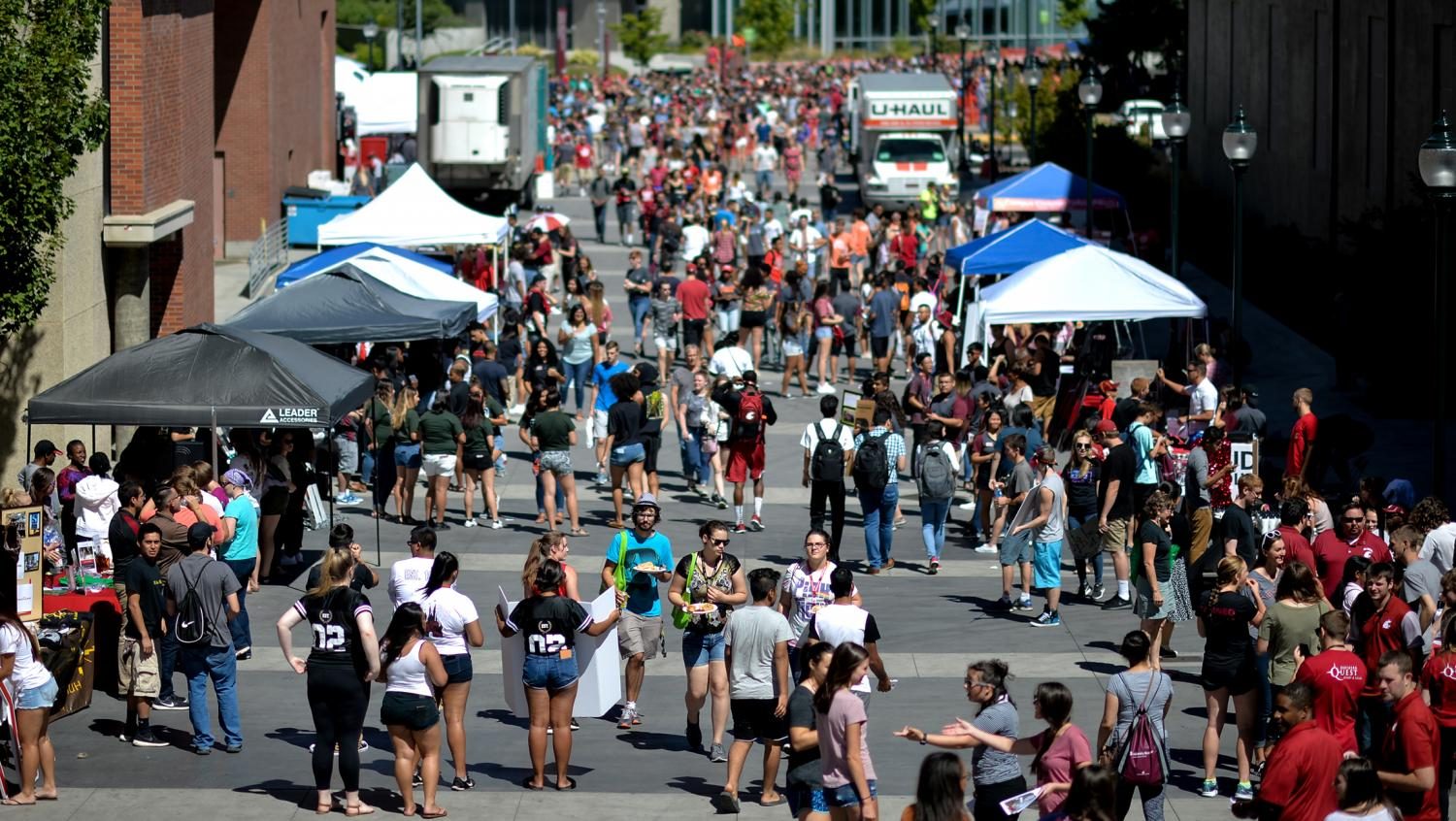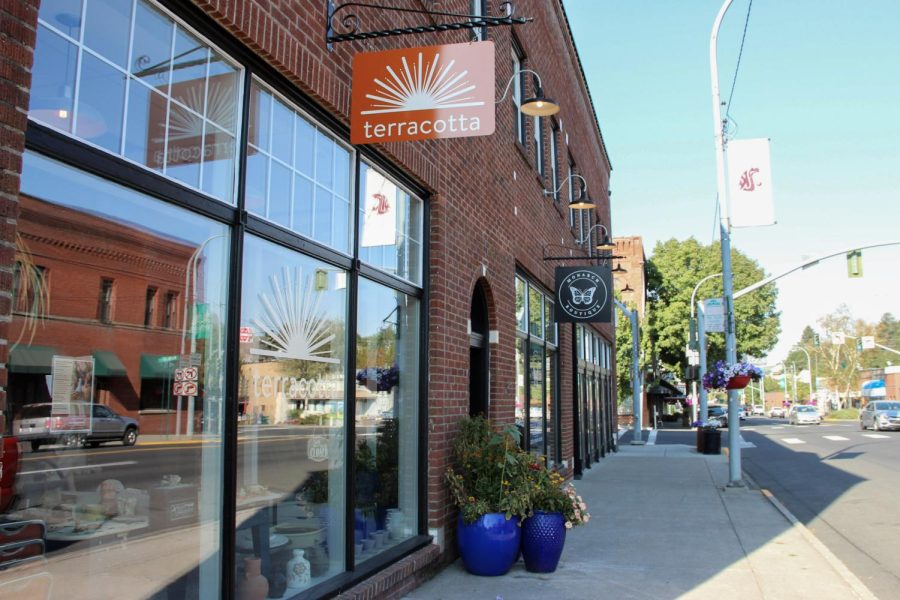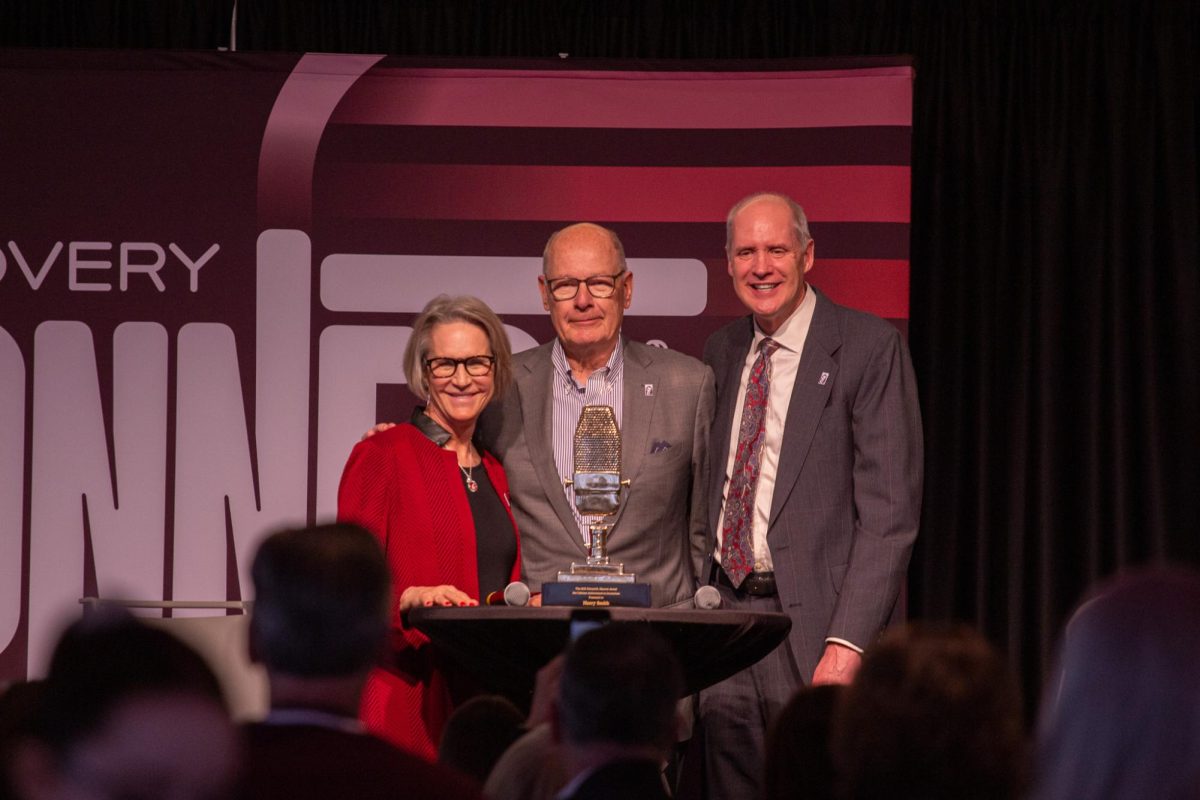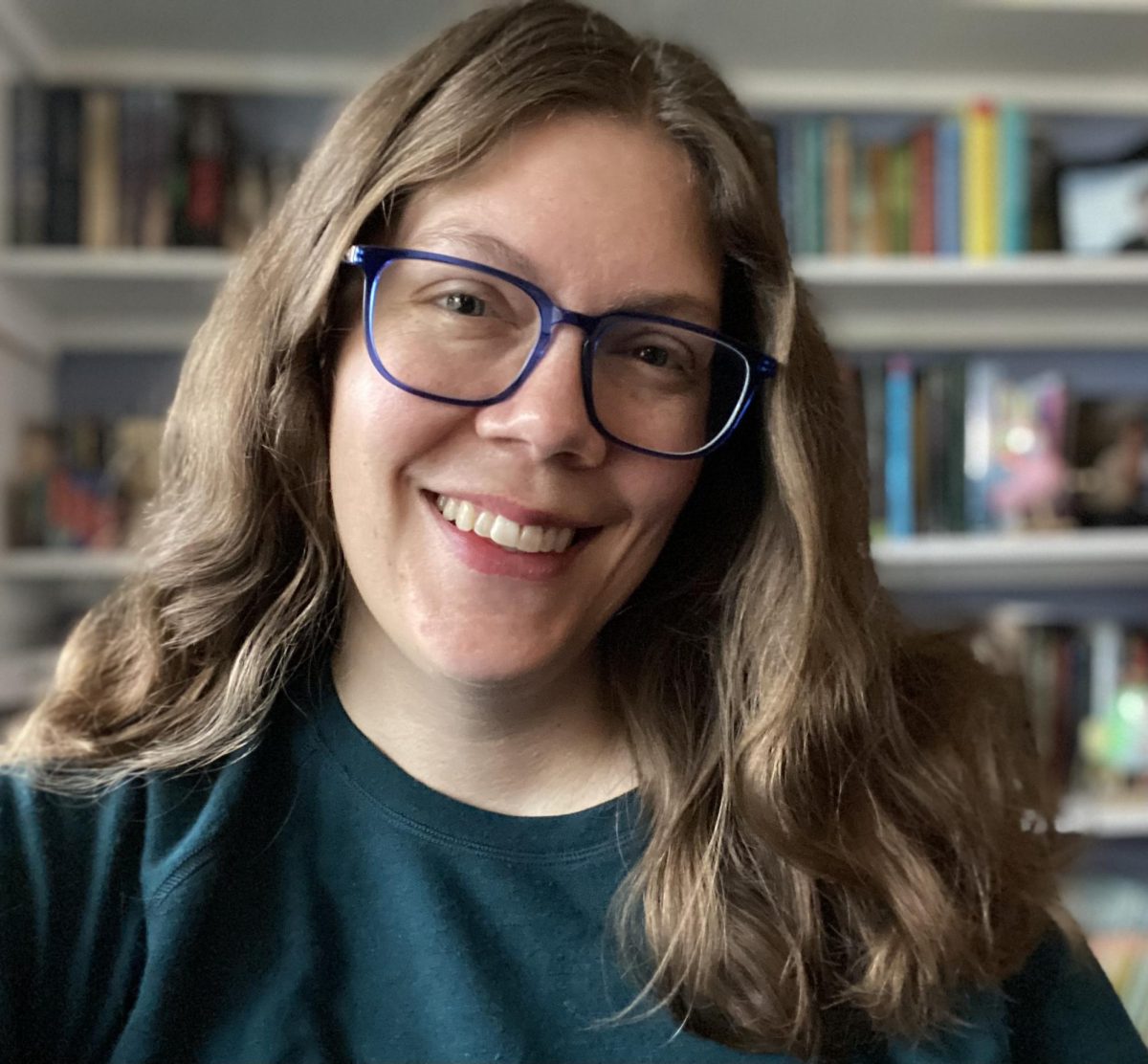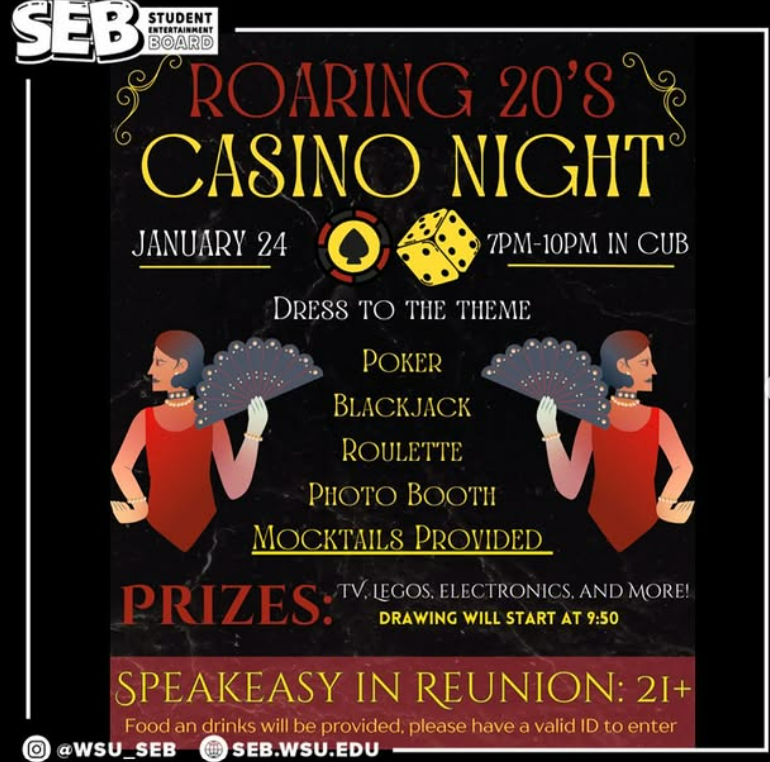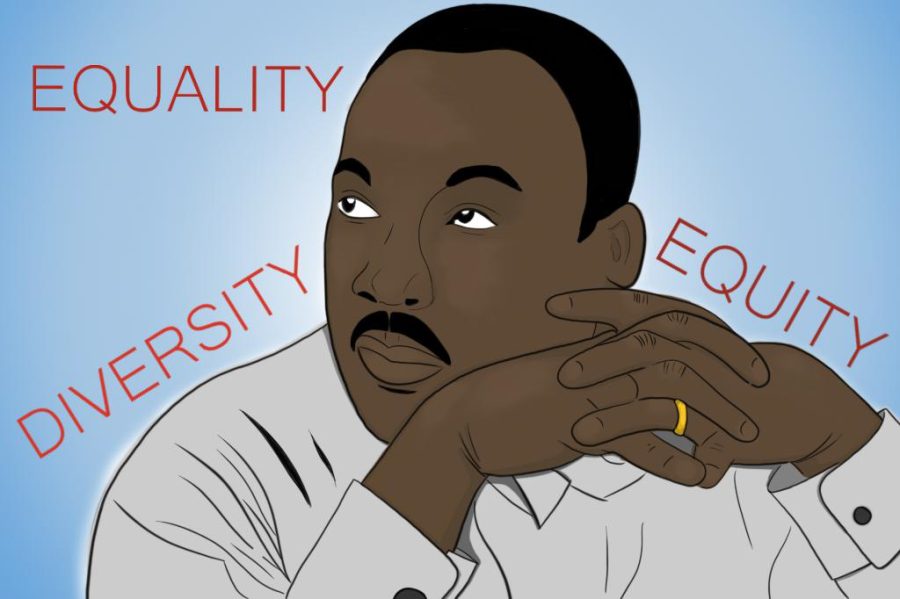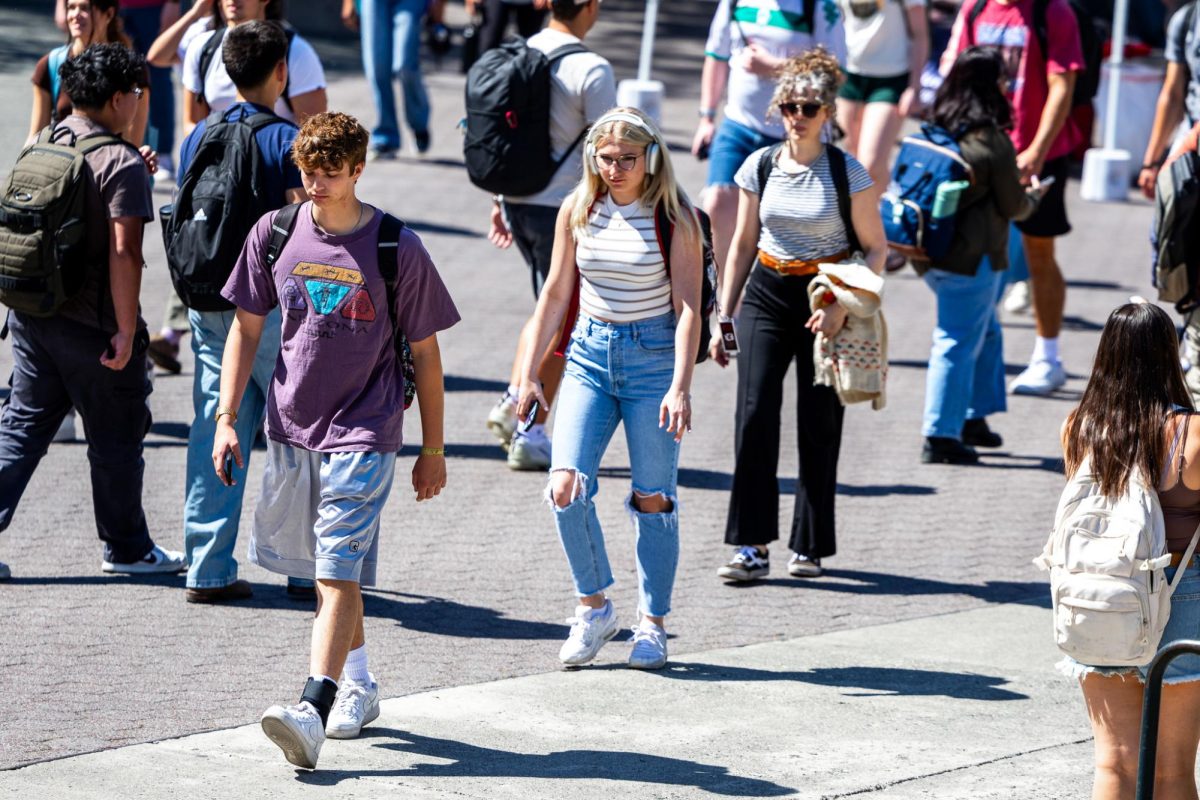Rummage through WSU archives and find hidden stories about queer people of the past and present at this semester’s Queering the Archives, hosted by the LGBTQ+ Center from 5–6 p.m. today on the ground floor of the Terrell Library in the Manuscripts, Archives and Special Collections section of the facility.
Over the past year, archivist Lotus Norton-Wisla and Josie Cohen-Rodriguez, LGBTQ+ Center’s community coordinator and instructor, said they have searched through the archives to accumulate queer stories and experiences previously lost to time.
“Folks that attend the event are going to get to explore and look at those materials, those primary source documents that we have in our archives, and really just get to experience them,” Cohen-Rodriguez said.
This is not the first Queering The Archives event, but this is the first semester some students are working alongside staff to search through the archives and help facilitate the event, Cohen-Rodriguez said.
“We have an undergraduate history student, Hunter Kearns, and a Ph.D. student in history, Drew Gamboa, who are going to lead most of the events. They’ve curated and pulled a variety of items and collections from the archives,” Cohen-Rodriguez said.
Students can directly share stories that are important and essential to the queer community on campus through their work with archive staff. The event will include a workshop where the student facilitators will take suggestions on what the community wishes to see in the archives.
Being able to find queer works and make them accessible is vital for the community and creates a community that prioritizes diverse perspectives and opinions, Norton-Wisla and Cohen-Rodriguez said.
“I think one of the aspects is just the chance to build a community around queer archives and queer history,” Norton-Wisla said. “A lot of different people are joining the events, from students in different majors or areas of study and interests to different generations of people, maybe older folks who are part of the faculty and also community members.”
They hope everyone, not just queer students, but also community members, can attend the event, Norton-Wisla and Cohen-Rodriguez said. The event is about creating a conversation around queer history and the different works they present at the event.
“The community aspect is really great because it’s a chance for people to get together and share a meal, be able to talk to each other and then start to learn about different topics,” Norton-Wisla said.
While the event only occurs once a semester, there are still ways to access queer-specific archives, Cohen-Rodriguez said.
Despite not having a dedicated section for all queer-related resources, one can set up an appointment and ask to see archives that are related to the Queering the Archives project, Norton-Wisla said. The archive staff will give out guides for finding resources in the archives that were presented at the prior events.


